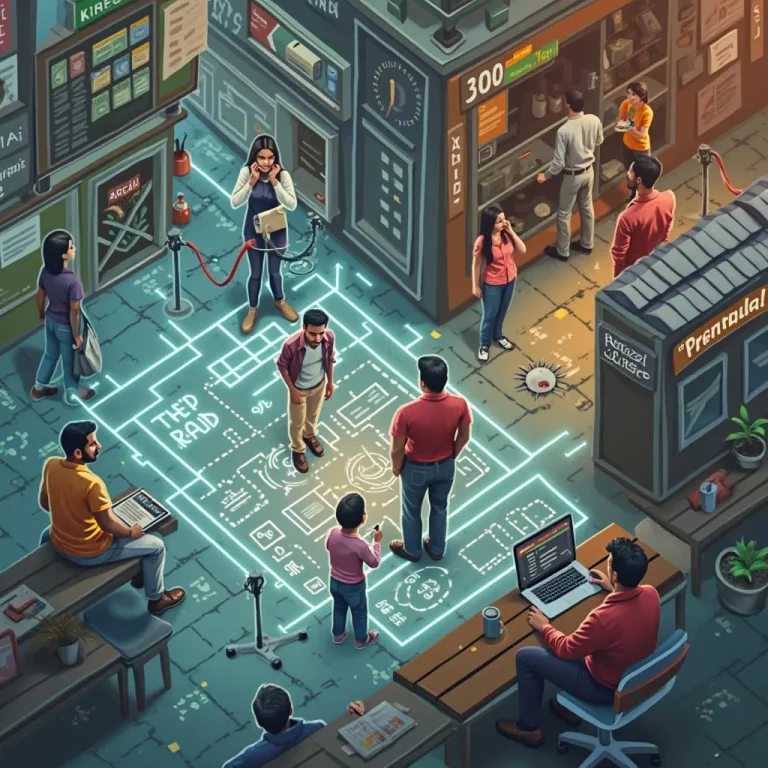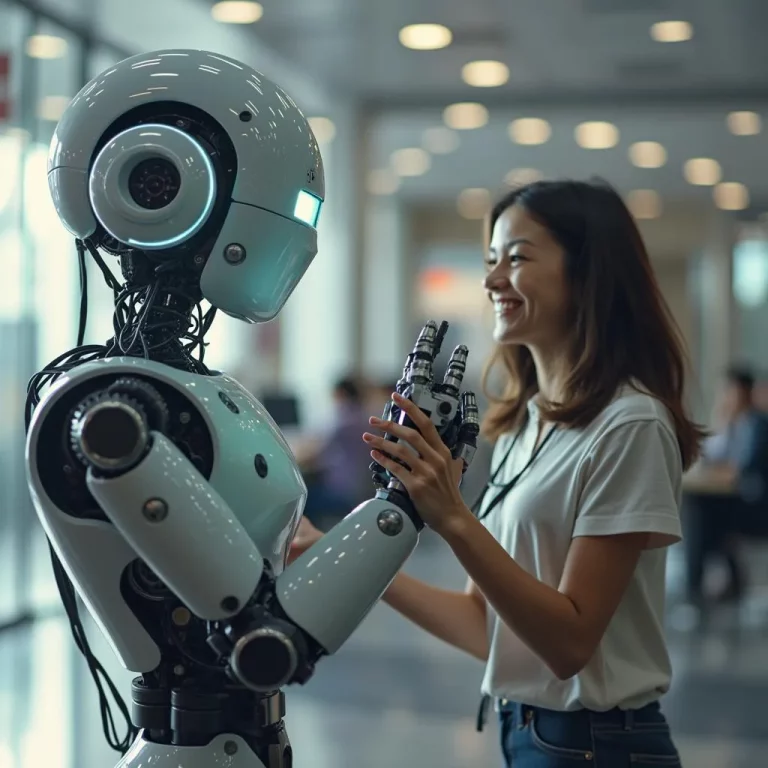Grok's Rise as a Fact-Checking Tool: Implications for the Digital Information Landscape
- 0 reactions
- 4 months ago
- Flaik.ai

Grok’s Rise as a Fact-Checking Tool: Implications for the Digital Information Landscape
In the ever-evolving world of social media and artificial intelligence, a new trend is emerging that’s catching the attention of fact-checkers and information experts alike. Users on X (formerly Twitter) are increasingly turning to Grok, an AI chatbot, for fact-checking purposes. This shift in user behavior raises important questions about the role of AI in information verification and its potential impact on traditional fact-checking methods.
The Growing Popularity of AI-Powered Fact-Checking
As the digital landscape becomes more complex, users are seeking quick and accessible ways to verify information. Grok, with its ability to process vast amounts of data and provide instant responses, has become an attractive option for many. This trend reflects a broader shift towards AI-assisted information processing, similar to how AI audio translation is revolutionizing language barriers in content consumption.
Concerns Among Professional Fact-Checkers
The rise of AI-powered fact-checking tools like Grok has sparked concerns among professional fact-checkers. These experts worry about the accuracy and reliability of AI-generated responses, especially when dealing with nuanced or context-dependent information. There’s a growing debate about the potential for AI to spread misinformation if not properly monitored or regulated.
Balancing AI Efficiency with Human Expertise
While AI tools like Grok offer speed and broad data access, human fact-checkers bring critical thinking, contextual understanding, and the ability to navigate complex socio-political landscapes. The challenge lies in finding a balance between leveraging AI’s efficiency and maintaining the irreplaceable human element in fact-checking processes.
The Future of Fact-Checking in the AI Era
As AI continues to advance, it’s likely that we’ll see more sophisticated fact-checking tools emerge. The key will be developing systems that combine AI capabilities with human oversight. This hybrid approach could potentially enhance the accuracy and speed of fact-checking, much like how website SEO optimization tools have transformed digital marketing strategies.
Conclusion: A Call for Digital Literacy
The trend of using Grok for fact-checking underscores the need for enhanced digital literacy. As users increasingly rely on AI for information verification, it becomes crucial to educate the public about the strengths and limitations of these tools. Understanding how to critically evaluate information sources, regardless of whether they’re human or AI-powered, will be a vital skill in navigating the complex information landscape of the future.
As we move forward, the collaboration between AI technologies and human expertise will likely shape the future of fact-checking, ensuring a more informed and discerning digital citizenry.
Comments
Continue reading
No results available
Reset







